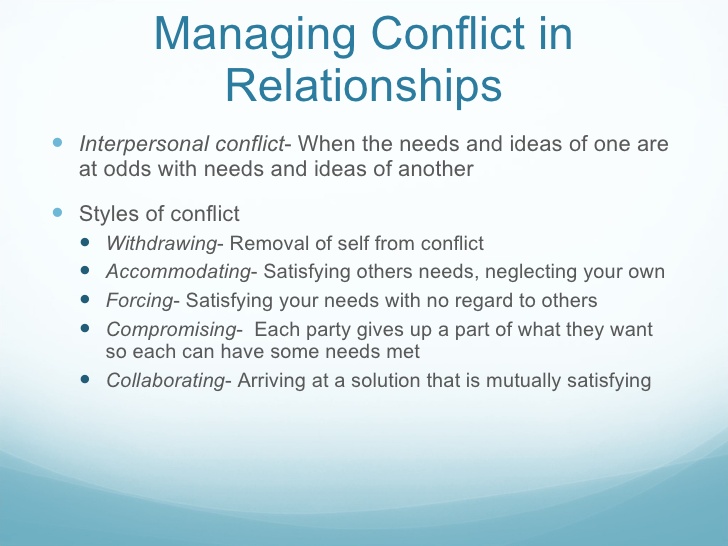 Our relationships with our partners are coloured by our own personal legacies. We often react to our partners as if they were someone else – and most of the time this causes relationship conflicts.
Our relationships with our partners are coloured by our own personal legacies. We often react to our partners as if they were someone else – and most of the time this causes relationship conflicts.
When we entered into a relationship we expected love, nurturance, and validation just for being who we are. A relationship should provide a safe zone where our partner values us for expressing our own unique qualities. This is a simple expectation. Indeed, this is the way most relationships start out. Why, then, does it seem so hard to maintain this ideal, blissful state of unconditional love over time?
Relationships are seldom as simple as we would like. They bring out our needs, anxieties, and relationship conflicts with people from our past – parents, friends and former partners.
Managing Relationship Conflicts
How we perceive our partners is influenced by how we learned to deal with other people in the past. This process can go back into early childhood, even to infancy. Indeed, our earliest primary attachment to a caretaker – a mother, a father or another adult – can have an effect on how we deal with other people for the rest of our lives. For example, if our earliest experiences taught us to trust in the world, then we are likely to take a trusting attitude toward people throughout our lives. Conversely, if a child is never shown love during the earliest stages of life, it may be a challenge during adulthood to learn how to experience love. Early experiences from childhood can have a powerful effect later on. (This is a strong argument for treating children well.)
Children experience both good and bad in the world. Plenty of good experiences, like love and trust, feel comfortable and produce a positive self-image in children – a positive way of defining themselves. Bad experiences, though, create feelings of conflict and frustration. These negative experiences also go into the self-definition that the child eventually develops. But they don’t feel compatible with the more positive feelings, so, according to one theory, the child projects them onto somebody else. (Projection means finding in someone else the qualities that you don’t want to accept within yourself – like blaming your partner for being controlling when you are the one who has the tendency to want to control.)
